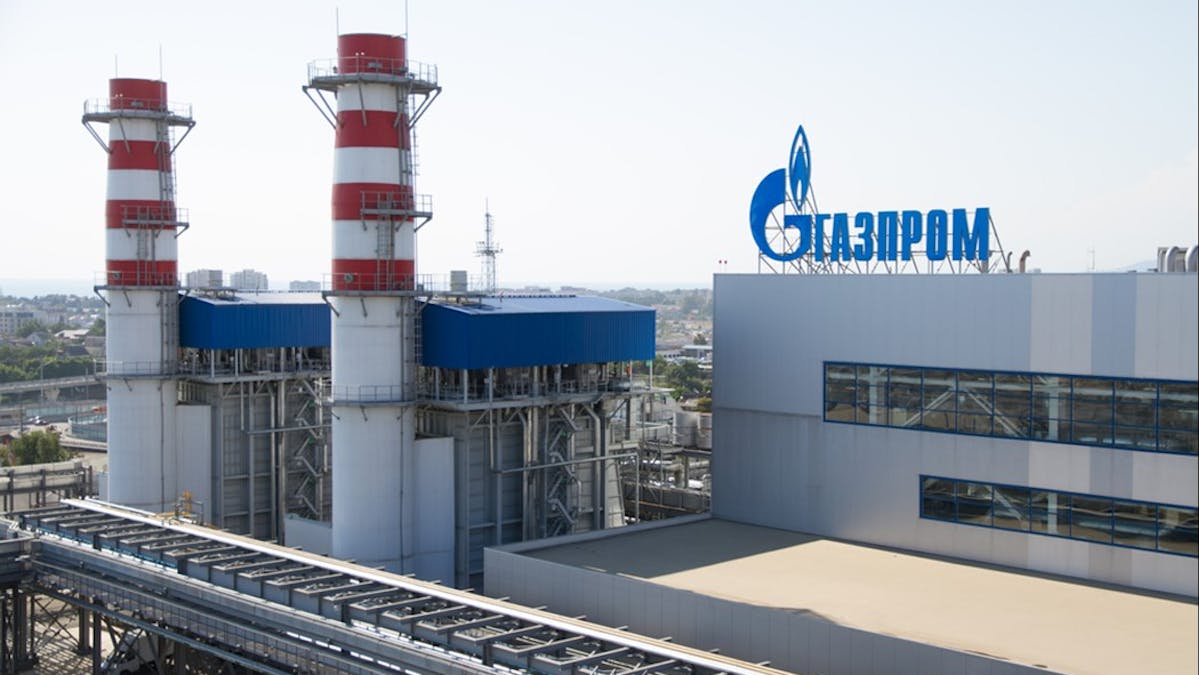With the war in Ukraine drawing scrutiny to Big Oil’s activities in Russia, companies like Exxon and Chevron are exiting partnerships rapidly, effectively burning billions in investment and anticipated profits from joint ventures.
Corporate America’s largest shareholders in Russian oil and gas, however, have remained relatively silent. In addition to unwanted and potentially damaging publicity, winding down these equity investments is complicated. The Moscow stock exchange remains frozen after the Russian central bank halted trading following the Russian invasion of Ukraine. If the market reopens, American shareholders may struggle to find a buyer for the depreciated shares and selling them cheap back to Russian shareholders could have additional consequences.
The biggest private investors in Russian fossil fuel expansion — second only to the Russian government itself — are US megabanks, asset managers, and investment advisors like CitiGroup, Goldman Sachs, Vanguard, and Blackrock.
Together, the ten biggest US stakeholders in Russian oil and gas ventures like Gazprom, Novatek Lukoil, and Rosneft own shares worth more than $18 billion. The investments were worth vastly more before the Ukraine war effectively froze Russian capital markets.
US financiers’ involvement in the Russian oil trade lays bare the volatility and potential systemic risks posed by assets whose value can skyrocket or plunge on the whims of a dictator. They also show how individual investors’ retirement holdings and pension funds can quietly support operations that are ruinous both environmentally and politically — even if those funds are managed by outfits like Blackrock that claim to be environmentally conscious.
While oil majors like Exxon and Shell have publicly distanced themselves from Russian projects, Blackrock and Citigroup have done little to unwind their investments — though the latter has admitted it could lose nearly $5 billion due to its heavy involvement in Russian markets.
To assess the U.S. financial system’s exposure to Russia’s oil and gas industry, BailoutWatch analyzed Bloomberg data drawn from public filings describing ownership of nine Russian fossil fuel ventures with market capitalizations ranging from $1.5 billion to $14 billion.
Among the findings:
- All nine companies have a US financier among their top four investors. A US firm is the biggest or second-biggest equity holder for more than half (five) of the companies
- Citigroup is by far the biggest player, with holdings worth $8.8 billion, thanks to its status as the single biggest investor in Lukoil.
- Asset manager Vanguard, the second-biggest US investor in Russian oil ($2.4 billion), holds the broadest stake in the sector: It is among the top-five owners of seven of the nine companies analyzed and the second-biggest owner at three.
- Five US financiers have holdings worth over $1 billion. In addition to Citigroup and Vanguard, they are: Blackrock, Bank of New York Mellon Corp, and Fidelity parent FMR LLC
Valuations are based on exchange rates and share prices as of March 3rd, 2022.
